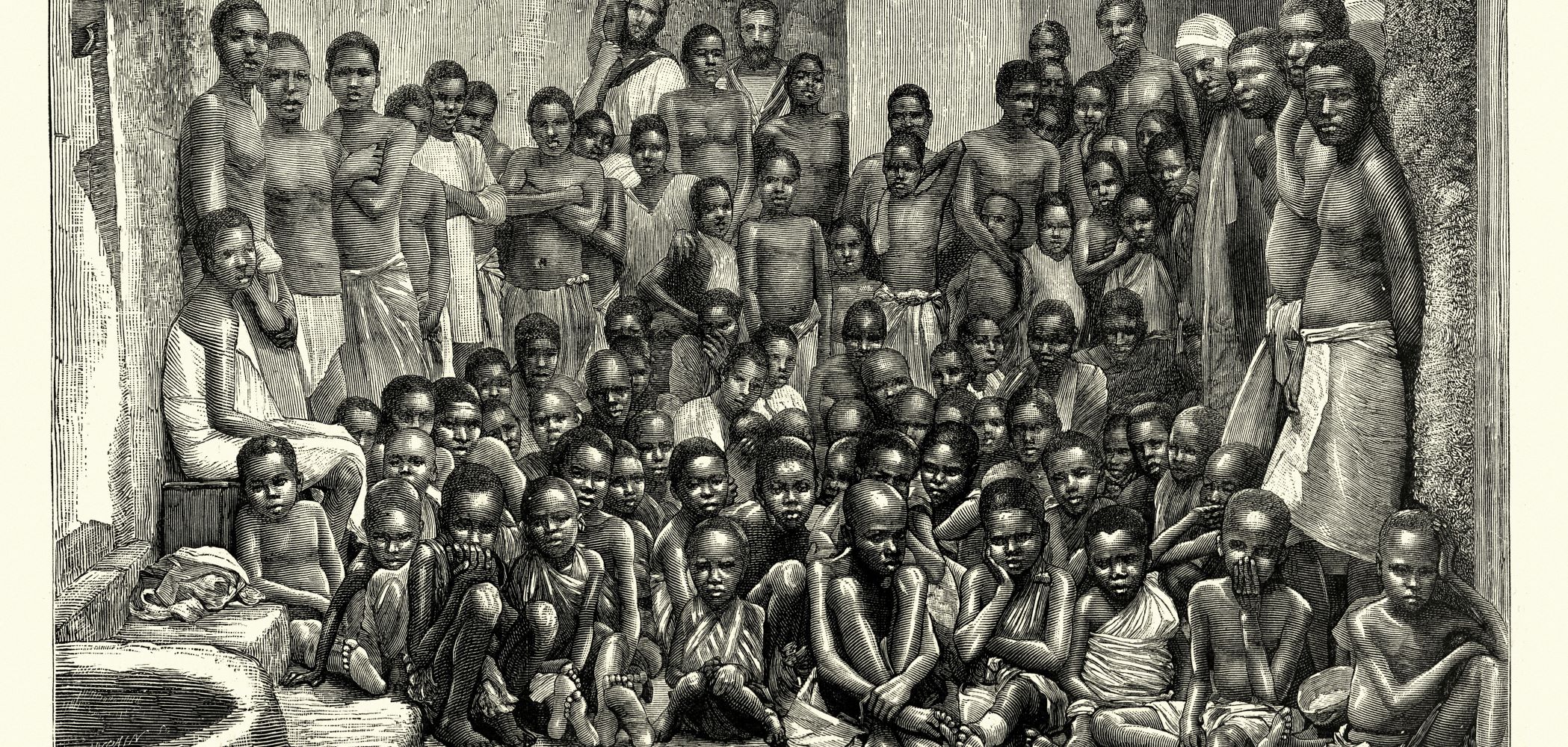A Brexit for women
Women’s voices are missing from the Brexit debate, missing from the table and it’s time that changed. This was the message from Unite’s London and Eastern region Women and Brexit event held in the week of International Women’s Day.
Jane Stewart, Unite’s executive council women’s seat member opened the meeting with a warning that free trade deals have a detrimental effect on women and that rather than off-the-shelf agreements, what was desperately needed, and what Brexit presented an opportunity for if only women were at the table, was ethical agreements that support women globally.
“We’ve seen the pillaging of resources in the Caribbean and Pacific as a result of free trade deals,” she said.
Trade deal impact on women
This theme was taken up by Dr Mary-Ann Stephenson, director of the UK Women’s Budget Group, who said that all trade deals have a different impact on women and men.
“There are many studies that demonstrate this. We need proper gender impact assessments of the different options, including of staying in the single market and the customs union during a transition period, and the government needs to look at policies to mitigate those impacts. People need information about what the different options really mean to them.”
Such impact assessments should look at which sectors would expand and which would contract, Dr Stephenson said. “What for example is the impact on women and equality, on women’s jobs and skills? On women at the margins or outside the labour force. How can they be protected?”
Marina Prentoulis, London’s representative of Greek socialist party Syriza, outlined the disproportional impact of the Greek economic crisis on women.
“I hope not even Brexit will do this to women in the UK,” she said, noting that the biggest burden of the outcome of negotiations such as those on Brexit, and Greece’s with the International Monetary Fund (IMF) over its debt load “are placed on women”.
“When I think of Greece’s negotiations with the IMF I think of what a macho, patriarchal game it was and when I look at the EU negotiations I see the same macho structures. We need a feminisation of politics, an end to talking competition instead of cooperation.”
Unite London and Eastern vice chair Bronwen Handyside concluded that the British labour movement needed to talk about how working people can take control of the Brexit process.
“We must campaign with labour movement across Europe for a Europe fit for working people.”
This article first appeared on Unite’s Brexit Check website.
 Like
Like Follow
Follow


